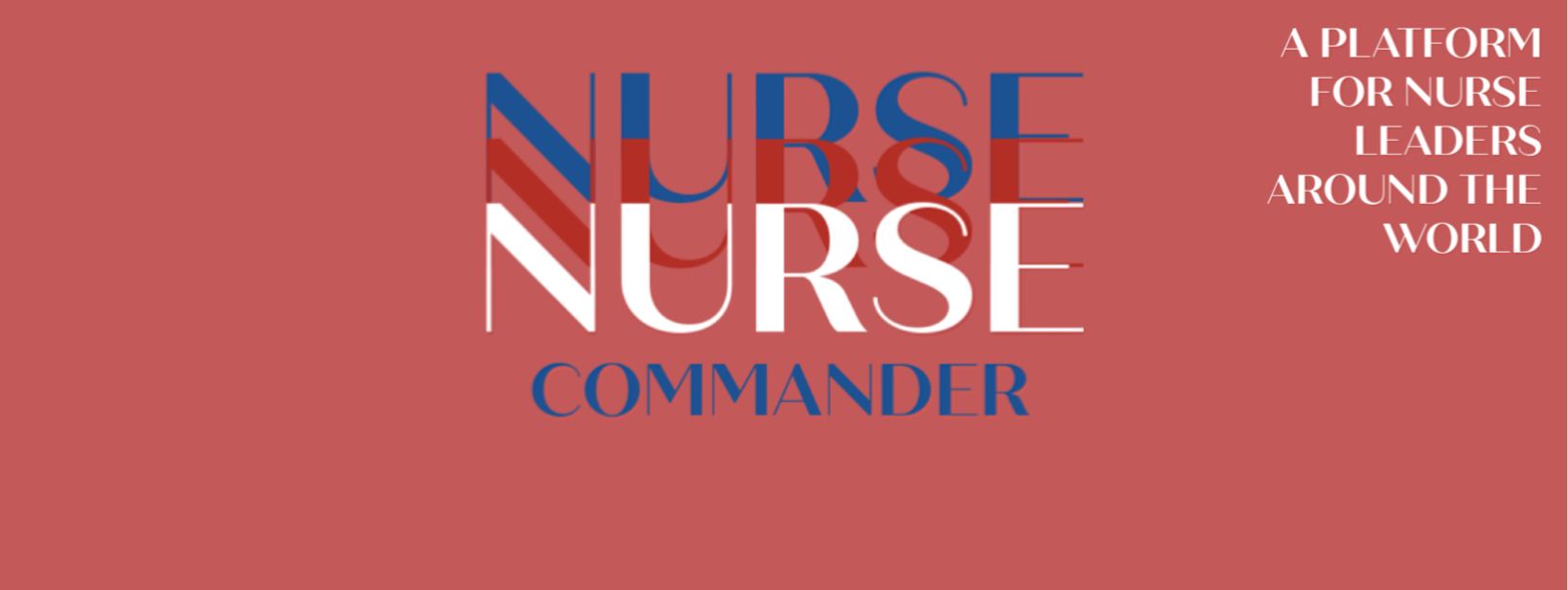Dr. Carmen Portillo, RN, PhD is the Executive Deputy Dean and Professor at Yale School of Nursing. Dr. Portillo is an elected Fellow of the American Academy of Nursing. She is one of several Hispanic nurse leaders in the country and a former president of the National Association of Hispanic Nurses and co-founder of the National Coalition of Ethnic Minority Nurses Association. Clinically trained as a community/public health nurse, Dr. Portillo has focused her professional academic work on developing community partnerships to create a bilateral engagement that helps support the clinical/research training of advanced practice nurses and to provide nursing care services to underserved populations/communities. Capacity development in HIV care training and research of advanced practice nurses and nurse researchers is one example of her expertise. Dr. Portillo has consulted with World Health Organization (WHO), Institute of Medicine (National Academy of Medicine), National Institute of Health (NIH), and schools of nursing domestically and internationally.
COVID-19 has caused extensive and fast-moving change in every organization. Dr Portillo has been acutely aware of the importance of leadership communication skills while transitioning 400 students and 100 staff to virtual learning platform and remote working. “Leaders need to maximize trust and minimize stress during the COVID-19 pandemic by using effective communication. Leaders gain credibility and increase trust and connection when they establish a communication routine that people can look to with reliability. People look to leaders as role models. Leaders must behave consistently, be calm and deliberate in their decisions and actions, and clear in their communications. The uncertainty and anxiety people are experiencing influences their ability to process information. This requires distilling information and making sure communication is clear and strategic,” said Dr. Portillo.
“Leaders need to lift their head from the day-to-day and need to see beyond the current crisis and strategically plan for the future – get to know the big picture. One needs to develop a sense of what is going on in the world and across the country. The virtual environment requires thinking differently about education and develop effective ways to fulfill clinical hour requirements for advanced practice registered nursing (APRN) students. To be the best school possible for advanced practice nursing, the strategic planning that we will undertake this year will include innovation in APRN education to help deal with the limitations in clinical opportunities as result of the current crisis,” said Dr. Portillo.
We already have a shortage of healthcare providers, and APRNs remain the backbone of prevention and health care for marginalized populations. “We are not sure how the current situation will effect workforce needs, and we need to make sure APRNs are prepared and ready to meet the increasing demands. The world is aging, diversifying, and facing higher chronic disease burdens, even while dealing with crises like COVID-19”, states Dr. Portillo.
As a member of the Connecticut League of Nursing Council of Deans & Directors, Dr. Portillo has been educating policymakers, authored a white paper, and provided recommendations to the governor and the governor’s Workforce Council on Education, advocating for flexibility with APRN clinical hour requirements and allowing substitution with simulated learning healthcare. “Government must put pressure on certifying bodies to examine their current guidelines and use evidence-based information that nurse leaders need in order to effectively communicate and educate the public and policymakers on the needs and benefits of APRNs to the economy, the workforce, and the delivery of healthcare,” said Dr. Portillo.

